Posted: 21/05/25
Students explore youth mental health in thought-provoking panel debate
A-Level students from West Nottinghamshire College have engaged in a powerful and enlightening mental health panel debate, exploring the complexities and challenges surrounding adolescent and young adult mental wellbeing.
-
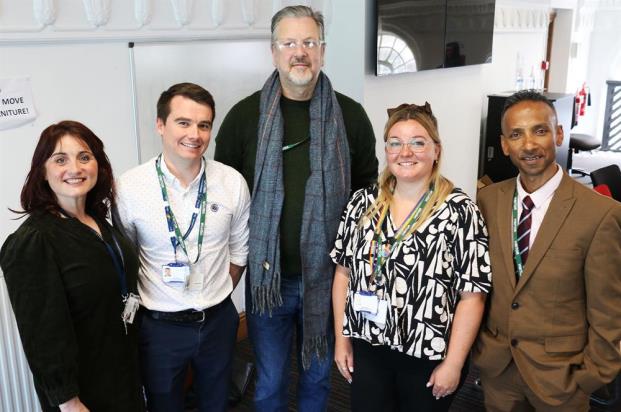
The panel were able to offer students a great insight into mental health issues faced by young people
-
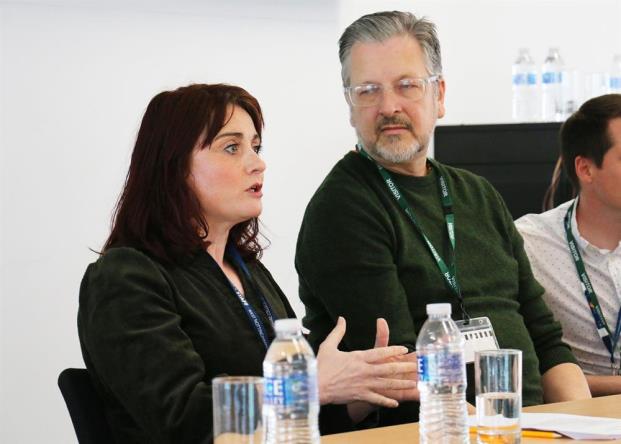
Lisa Jordan, mental health coordinator at the college
-
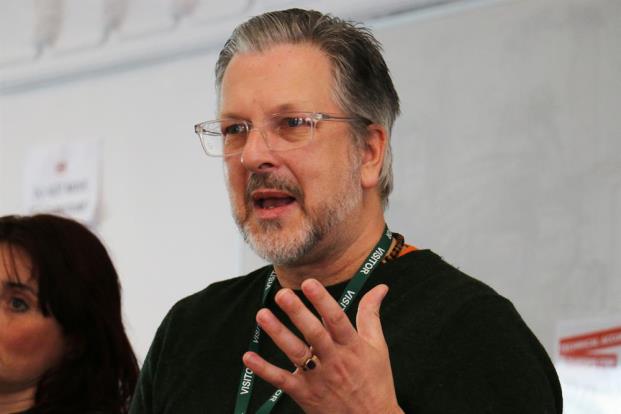
Counsellor Steven Lowe
-
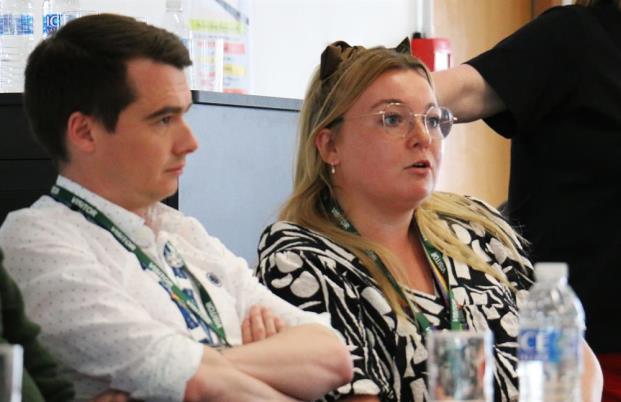
Katie Bonser and Jack Roffe attended from Child and Adolescent Mental Health Services (CAMHS)
-
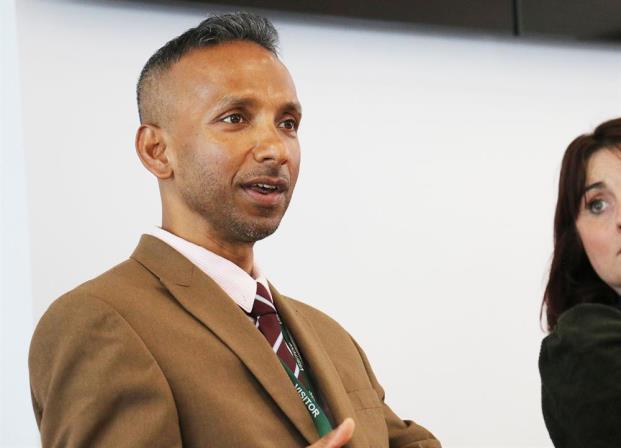
Consultant Child and Adolescent Psychiatrist for the NHS Dr Pallab Majumder
-
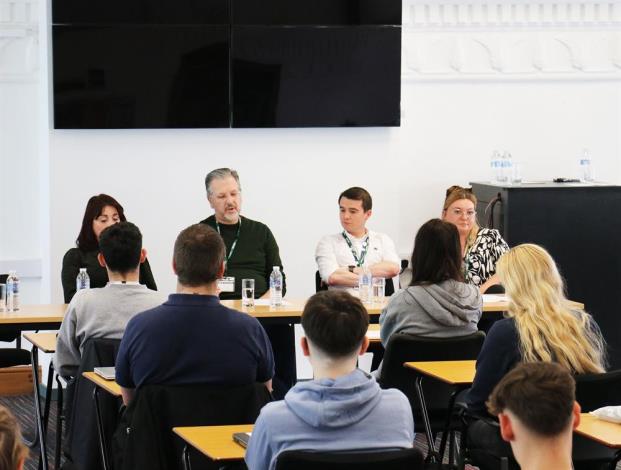
Students posed some sensitive questions to their guests on the panel
The event brought together a panel of mental health professionals who answered students’ thought-provoking questions about the rising prevalence of mental health issues, the role of the education system, and the importance of early intervention and support.
Held at the Mansfield and Ashfield Sixth Form College, the event featured guests Lisa Jordan, mental health co-ordinator at the college, counsellor Steven Lowe, Consultant Child and Adolescent Psychiatrist for the NHS Dr Pallab Majumder, and Katie Bonser and Jack Roffe, both from Child and Adolescent Mental Health Services (CAMHS).
One of the central questions focused on why mental health diagnoses have risen so significantly. Dr Majumder suggested that increased awareness is a key factor.
He said: “When I was your age, there was a lot of shame surrounding mental health. Now, we’re more enlightened. People feel more able to talk about what’s troubling them and seek help.”
The discussion also explored whether this awareness might lead to confusion between normal emotional struggles and diagnosable mental health conditions.
Lisa Jordan pointed out that it’s important to differentiate between expected anxiety, such as stress before exams, and conditions like schizophrenia or severe depression. She said: “Tough times are part of growing up, and building resilience is important. But that’s different from clinical mental illness, which requires more structured support.”
Students asked whether the education system contributes negatively to mental health. Katie Bonser acknowledged the pressures students face, often from schools, families, and themselves. She said: “The expectation to achieve highly can be overwhelming and this can absolutely impact a young person’s mental wellbeing.”
Katie also highlighted the benefits of supportive educational environments. She said: “Some students tell us they struggled at school but flourished at college because the support systems are better and having access to someone to talk to, or knowing accommodations can be made, builds resilience.”
A theme throughout the debate was the significance of relational and environmental safety in supporting mental health. Dr Majumder said: “Having that one trusted person such as a friend, a teacher or a counsellor can make a massive difference,”
He likened emotional challenges to waves in the sea. “Sometimes they almost drown you, but they always pass. Recognising that and learning to ride those waves is essential.”
Peer relationships, especially during the formative years of secondary education, were also noted as both a source of strength and vulnerability. Dr Majumder added: “Rejection or conflict in a peer group can be traumatic and it’s important for young people to support each other and not let anyone feel like an outsider.”
Students asked about the career journeys of the panelists. Lisa Jordan shared how her background in teaching sparked her interest in student wellbeing, leading her to retrain in psychology and transition into a mental health role.
Steven Lowe spoke about personal struggles that led him to counselling. He said: “I had a breakdown and got help from a counsellor. It changed my life and made me want to help others.”
Jack Roffe encouraged students to seek out experience in different mental health settings. He said: “It’s about getting to know people, building relationships, and learning to listen. Start where you can and be open to where it takes you.”
Lisa Jordan added: “Know yourself before you consider helping others and recognise your own needs. Mental health work is rewarding, but it can be draining if you’re not looking after yourself.”